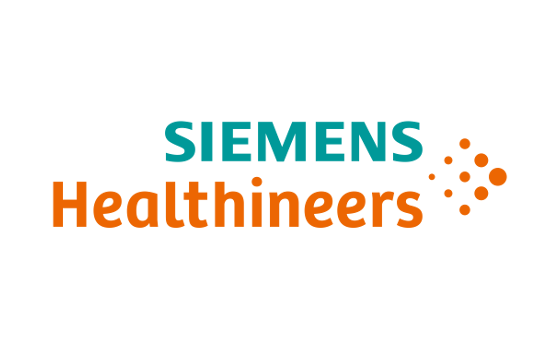 Siemens Healthineers is debuting its new fluoroscopy system, the Luminos Lotus Max, at the annual French JFR 2020. The system offers industry-leading technology in radiography and fluoroscopy. "Combining these state-of-the-art technologies poses one major challenge: ensuring efficient workflows and high system utilization. With our new device, healthcare professionals now benefit from a new level of integration for ‘uninterrupted flow‘ in radiographic and fluoroscopic exams. It's all on one system and in one room," says Carsten Bertram, Head of Business Line X-ray Products.
Siemens Healthineers is debuting its new fluoroscopy system, the Luminos Lotus Max, at the annual French JFR 2020. The system offers industry-leading technology in radiography and fluoroscopy. "Combining these state-of-the-art technologies poses one major challenge: ensuring efficient workflows and high system utilization. With our new device, healthcare professionals now benefit from a new level of integration for ‘uninterrupted flow‘ in radiographic and fluoroscopic exams. It's all on one system and in one room," says Carsten Bertram, Head of Business Line X-ray Products.
The remote-controlled Luminos Lotus Max system offers tremendous versatility in clinical examinations, as it combines radiographic and fluoroscopic imaging with orthopedic studies such as long leg or spinal examinations and basic interventions. Because these capabilities are highly integrated, users can quickly switch between the different imaging modalities. The Luminos Lotus Max also features a high degree of automation aimed at ensuring ease of use and patient safety. This automation helps technicians apply the optimal radiation dose for each patient and examination type without compromising clinical results. The device automatically encrypts all images and patient data. Combined with regular software updates to prevent new risks and an elaborate role-based access control, this ensures that the highest cybersecurity standards are met.
About Siemens Healthineers
Siemens Healthineers AG (listed in Frankfurt, Germany: SHL) is shaping the future of Healthcare. As a leading medical technology company headquartered in Erlangen, Germany, Siemens Healthineers enables healthcare providers worldwide through its regional companies to increase value by empowering them on their journey towards expanding precision medicine, transforming care delivery, improving the patient experience, and digitalizing healthcare. Siemens Healthineers is continuously developing its product and service portfolio, with AI-supported applications and digital offerings that play an increasingly important role in the next generation of medical technology. These new applications will enhance the company’s foundation in in-vitro diagnostic, image-guided therapy, and in-vivo diagnostics. Siemens Healthineers also provides a range of services and solutions to enhance healthcare providers’ ability to provide high-quality, efficient care to patients. In fiscal 2019, which ended on September 30, 2019, Siemens Healthineers, which has approximately 52,000 employees worldwide, generated revenue of €14.5 billion and adjusted profit of €2.5 billion.